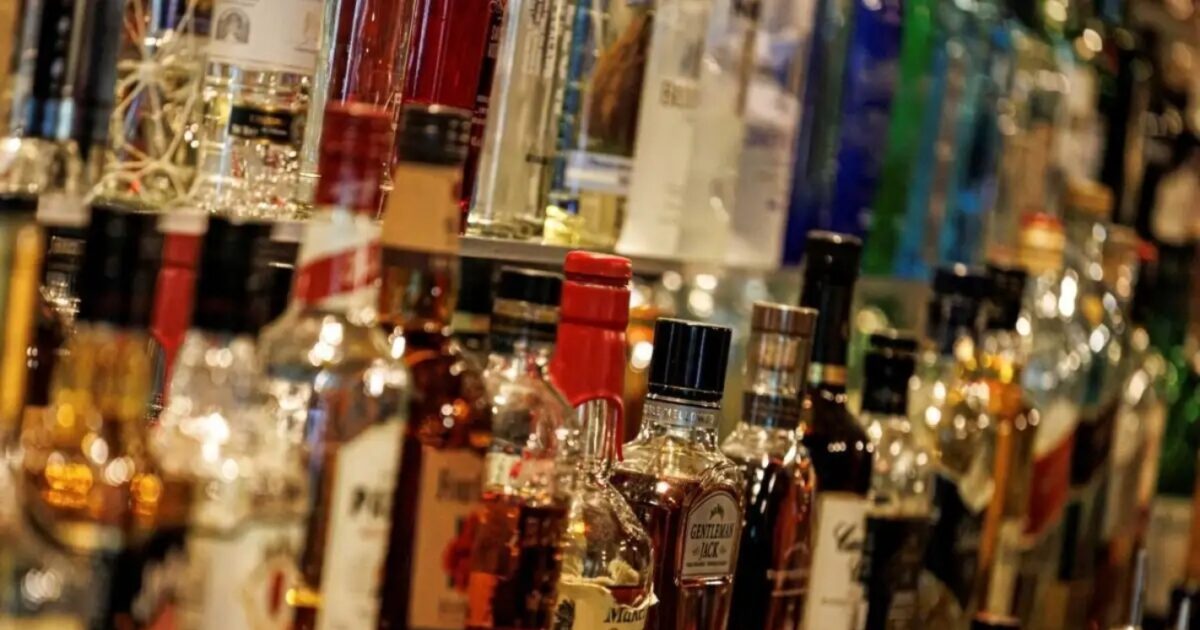Those who consume large amounts alcohol good to think about it, as they are more likely to suffer a hemorrhagic stroke a decade earlier and more severely than those who do not drink heavily, according to a study published in the journal of the American Academy of Neurology “Neurology”.
The study involved 1,600 adults, with an average age of 75, who were hospitalized for intracerebral bleeding. Information on alcohol consumption was provided on admission to the hospital, either by the patient himself or by his companion.
The researchers defined binge drinking as the regular consumption of three or more alcoholic drinks per day, with one drink corresponding to 14 grams of alcohol. Of the participants, 104 subjects (7%) met criteria for binge drinking.
Participants underwent brain imaging to assess stroke severity and to look for signs of cerebral small vessel disease. The researchers then compared heavy drinkers with those who consumed fewer than three drinks a day or none at all.
As found, heavy drinkers had a stroke at an average age of 64; compared to 75 years for non-heavy drinkers, a difference of eleven years. They also had 70% more bleeding on average. In fact, they were twice as likely to have bleeding in deeper areas of the brain and almost twice as likely to have bleeding that spread to areas of the brain that are filled with fluid, a complication known as intraventricular hemorrhage.
In addition, they had lower platelet counts and slightly higher blood pressure at hospital admission, factors that may also contribute to stroke severity and patient recovery.
The researchers also found that heavy drinkers are more likely to present signs of cerebral small vessel diseasethat is, damage to the small blood vessels of the brain, a form of long-term brain damage.
“Although excessive alcohol consumption has been associated in previous studies with an increased risk of stroke, our findings suggest that it not only increases the severity of a hemorrhagic stroke, but may also accelerate long-term damage to the brain’s small vessels,” notes one of the study’s authors, Dr. M. Edip Gurol, from Harvard University and a member of the American Academy of Neurology.
The researchers note that limitations of the study include that it examined a single time point rather than long-term follow-up. There were also no detailed data on total lifetime alcohol consumption, and the alcohol consumption data were based on self-reports, so some participants may not have remembered or reported the information accurately.
